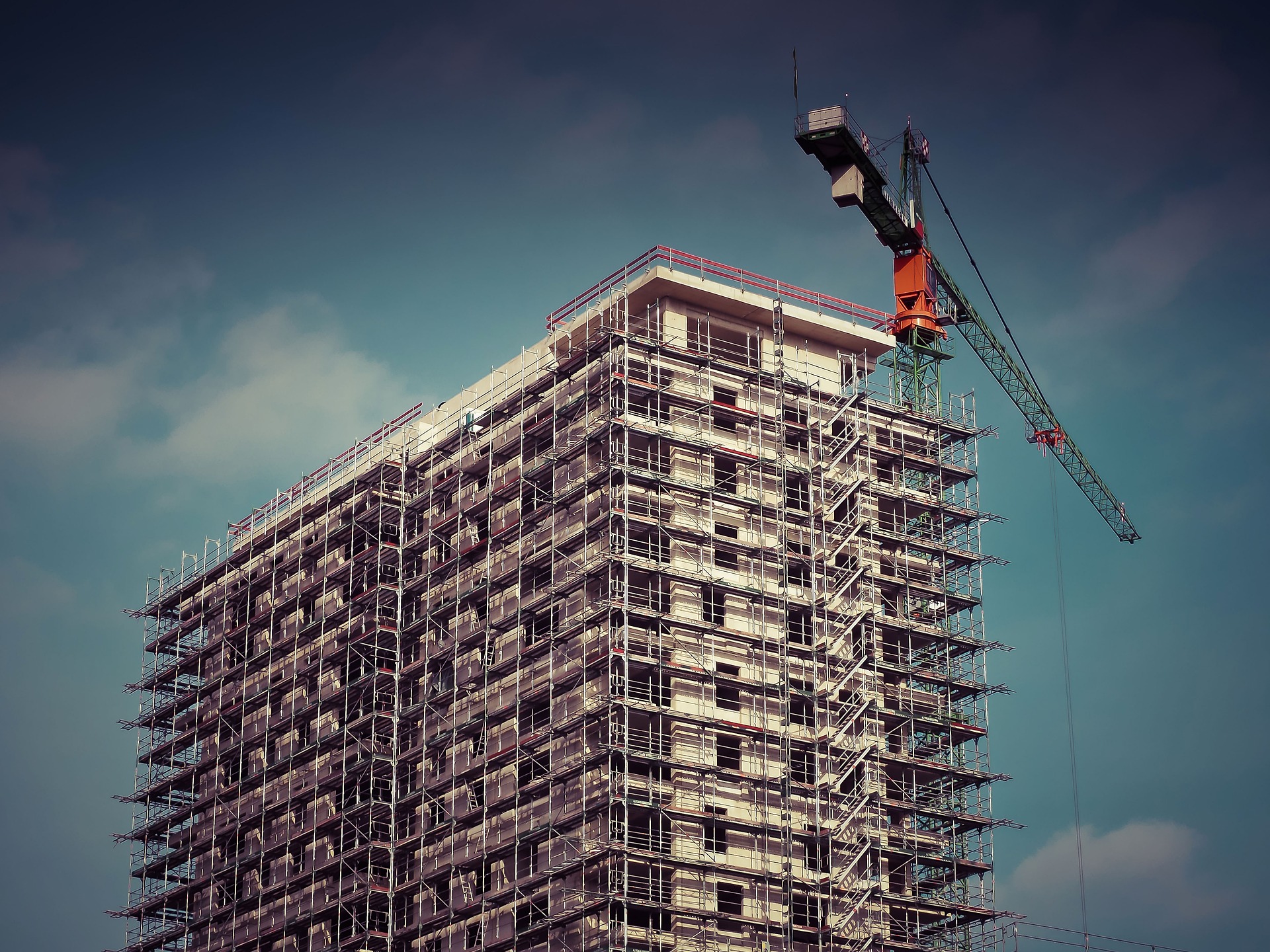Vertical Farming's Impact on Urban Real Estate
The skyline of tomorrow's cities might not just be defined by towering skyscrapers, but by lush, green vertical farms integrated into the urban landscape. This innovative approach to agriculture is reshaping the real estate market, presenting new opportunities and challenges for property developers, investors, and city planners alike.

Repurposing Urban Spaces
One of the most significant impacts of vertical farming on real estate is the repurposing of existing urban structures. Abandoned warehouses, underutilized office buildings, and even parking garages are being transformed into productive agricultural spaces. This trend is breathing new life into neglected areas of cities, potentially increasing property values in previously overlooked neighborhoods. Real estate investors are taking notice, recognizing the potential for higher returns on investments in properties suitable for vertical farming conversion.
Zoning and Regulatory Challenges
The integration of vertical farms into urban environments is not without its challenges. Many cities are grappling with outdated zoning laws that don’t account for agricultural use in commercial or residential areas. Real estate developers and investors interested in vertical farming projects must navigate a complex regulatory landscape, working closely with local authorities to establish new zoning categories or obtain variances. This process can be time-consuming and costly, but as more cities recognize the benefits of urban agriculture, we’re likely to see more favorable regulations emerge.
Design and Construction Innovations
Vertical farming is driving innovations in building design and construction. Architects and engineers are developing new ways to integrate agricultural spaces into multi-use buildings, creating structures that combine residential or office spaces with productive farms. These hybrid buildings present unique challenges in terms of water management, lighting, and climate control, but they also offer exciting opportunities for sustainable, self-sufficient urban living. For real estate professionals, understanding these technological advancements and their impact on property design will be crucial in the coming years.
Economic Implications for Urban Real Estate
The economic impact of vertical farming on urban real estate markets is multifaceted. On one hand, the conversion of existing buildings into vertical farms can increase property values and revitalize neighborhoods. On the other hand, the high initial costs of setting up a vertical farm may limit widespread adoption in the short term. However, as technology improves and economies of scale are realized, we can expect to see more affordable vertical farming solutions emerge, potentially leading to a boom in this sector of the real estate market.
The Future of Urban Development
Looking ahead, vertical farming is poised to play a significant role in shaping the future of urban development. As cities strive to become more sustainable and self-sufficient, we can expect to see more integrated approaches to urban planning that incorporate vertical farms as essential components of city infrastructure. This shift could lead to new types of mixed-use developments that blur the lines between residential, commercial, and agricultural spaces, creating more diverse and resilient urban environments.
In conclusion, vertical farming represents a compelling intersection of agriculture, technology, and real estate. As this trend continues to evolve, it will undoubtedly create new opportunities for innovative real estate professionals who are willing to think outside the box and embrace the changing urban landscape. Whether you’re an investor, developer, or city planner, understanding the potential of vertical farming in urban real estate will be key to staying ahead in this exciting and rapidly evolving field.






